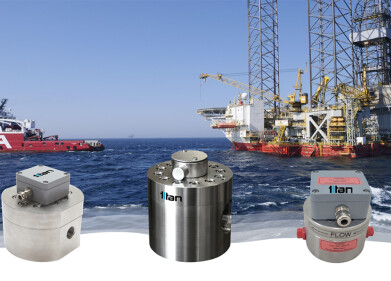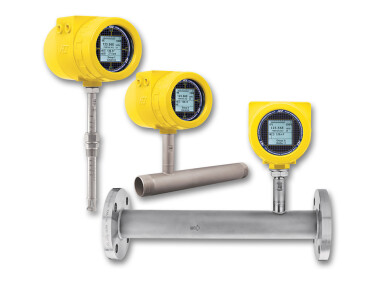Flow level pressure
Why Does Temperature Measurement Matter for Oil?
May 30 2021
The thermal properties of oil play an important role in efficiency, performance, quality and feedstock suitability. For this reason, refiners and processers channel a huge amount of time and resources into developing specialised temperature measurement strategies.
Optimise heat exchanger controls
Transferring heat is a fundamental part of maximising operational efficiency in oil refineries and processing plants. The ability to measure the thermal properties of crude and other petroleum products allows engineers to optimise heat exchanger controls and minimise energy consumption.
Prevent pump damage
When pumps run dry the damage to machinery can be alarmingly fast. There is very little time to mitigate the damage, making it essential to monitor pipe performance. Temperature measurement technologies can be used to detect when a pump runs dry and prompt engineers to fix the problem before damage can occur.
Protect the integrity of the finished product
As well as damaging machinery and equipment, unsuitable temperatures can compromise the quality of the finished product. This makes temperature measurement a top priority for both refineries and processing plants. Overheated pumps are one example of equipment exceeding recommended temperatures and damaging the product. Installing heat sensors is a fast and effective way to monitor equipment temperatures and prevent oil from overheating.
Heighten operational efficiency
From fractional distillation to catalytic cracking, oil undergoes a variety of specialised processes at refineries and plants. Most involve the use of extremely high temperatures to trigger chemical reactions. Temperature measurement is an important part of optimising these processes and ensuring the desired results are achieved. Without the right thermal regulation strategies in place refiners risk compromising productivity and damaging the finished product. For example, during catalytic cracking crude is blown through a reaction chamber at ultra-high temperatures of around 500°C. A lower temperature would not be intense enough to “crack” the mixture though a higher temperature could damage the final product.
A new era of non-invasive sensors
Every plant process engineer knows the value of accurate and precise temperature measurements. While thermowells have been championed at oil refineries and processing plants for decades, next-generation non-invasive sensors are transforming the way the thermal properties of crude oil are measured.
Designed to measure processing temperatures without compromising performance, sensors rival the performance of conventional thermowells. Dr Guruprasad Sosale, global product manager for non-invasive and wireless instruments at ABB Measurement & Analytics, spotlights the benefits of double sensor architecture in ‘Why should you switch to non-invasive temperature measurement?’
Digital Edition
PIN 26.1 Feb/Mar 2025
March 2025
Analytical Instrumentation - Elemental Analysis for Quality and Process Control at Refineries, for Lubricants and Wear Metals in Engine Oils - Synthetic Lubricants: New Developments - Scaling...
View all digital editions
Events
Mar 31 2025 Hannover, Germany
Mar 31 2025 Beijing, China
Apr 02 2025 Saigon, Vietnam
Apr 02 2025 Atyrau, Kazakhstan
Apr 08 2025 Birmingham, UK
.jpg)


















